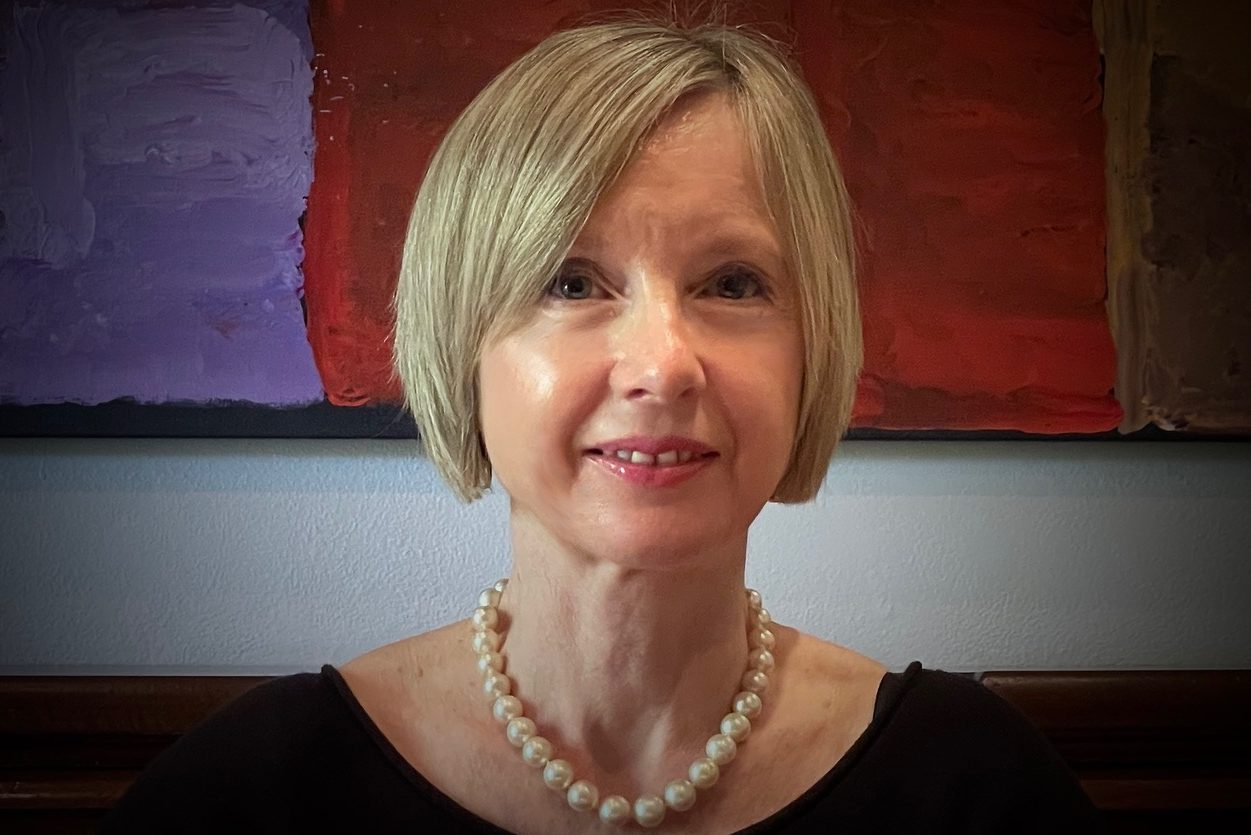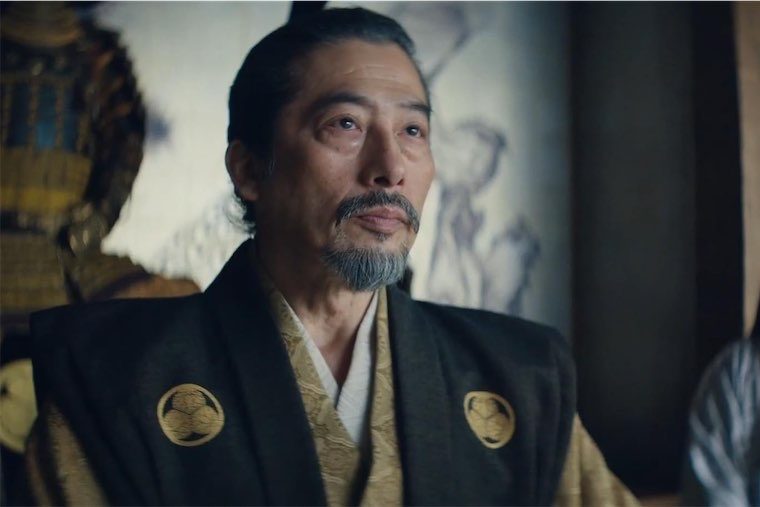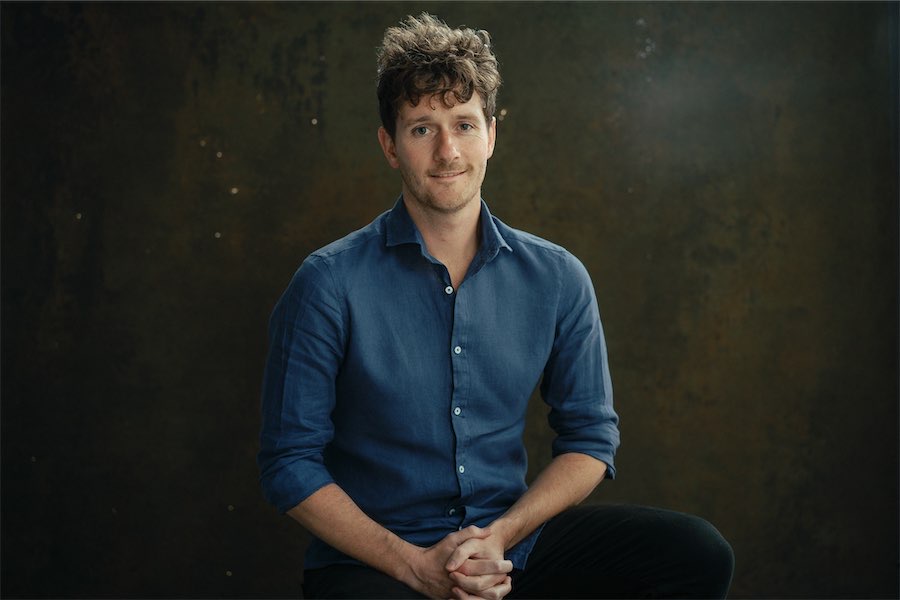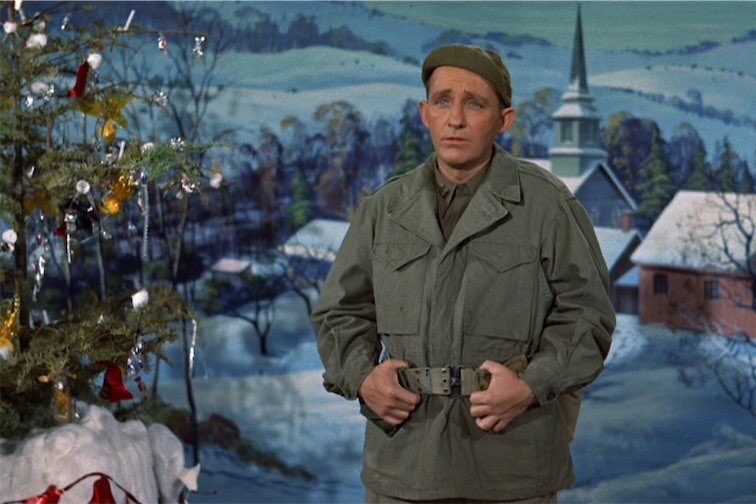
A CANBERRA composer scarcely-known here has been named as one of the frontrunners in Australia’s foremost classical music awards this year.
Heather Percy has been nominated for an Art Music Award for her choral composition “Three Night Songs”, performed on June 24 in collaboration with Sydney Chamber Choir and its director, Sam Allchurch.
“Three Night Songs” was written in isolation in NZ, where she was stranded during the pandemic.
Presented annually by APRA AMCOS and the Australian Music Centre, the awards, to be announced on August 15, acknowledge the achievements of composers, performers, educators and leaders in contemporary classical music, jazz, improvisation, sound art and experimental music. Last year the electroacoustic/sound art prize was awarded to Canberra experimental music artist Shoeb Ahmed.
As long-time head of music at Canberra Grammar junior school, it was mostly through working with boys that she became a composer.
Her first composition was for U3A Canberra and her first major instrumental work was composed for former ANU flautist Virginia Taylor, recorded in 2019 with Daniel de Borah on piano and broadcast on ABC Classic FM.
As well, on the request of the Young Music Society’s Stephen Leek she started a children’s choir for YMS in 2016 and has recently composed a work for cello and guitar, which is being recorded by guitarist Steve Allen and cellist David Pereira.
Having now left teaching, she is determined to increase her musical output – the surprise nomination for an Art Music Award helps.
Hers is a musical family. Husband Jack is a sax player with the Blamey Street Big Band and also chairperson of The Song Company in Sydney, while their son Edward, 11, is a member of the Luminescence Chamber Choir and a budding classical guitarist.
Percy began life as “a diehard music person”, singing in choirs such as the Sydney Conservatorium Chamber Choir studying piano at The Con under Igor Hmelnitsky then, after graduating, moving from being a chorister to holding the baton.
She originally came to Canberra to teach at Grammar, spent a few months getting used to boys and their voices, and found she liked it and, after marrying, settled here.
Heavily influenced by the Carl Orff Approach, which engages children’s minds and bodies through singing, dancing, acting and percussion, she soon felt that it was better to turn the musical classroom into a more creative space for the boys.
“It was like a snowball; my improvisation became better and better, I enjoyed teaching the boys, I enjoyed being engaged,” she says.
She taught and rehearsed choirs, sometimes doing 11-to-12-hour days but all the while gaining confidence as a musician, while winning a swag of awards with her choirs, including the Australasian Open Choral Championship. One choir performed a commemoration service at the Somme.
In 2005, she won a Churchill Fellowship to study elite choral programs at Cambridge and St Paul’s Cathedral, cementing her love of sacred music.
“I still handwrite all my manuscripts, but to a composer, the computer is your friend,” she says, describing the back-and-forth communication throughout lockdown with the ABC and Sam Allchurch, who’d been engaged to record works for her masters of music composition portfolio.
As a teenager, her first experience of listening to Renaissance polyphonic music saw her “mesmerised by the modality and the seamless quality”. But she says she also takes her bearings from modern composers such as Britten, Holst and Paul Stanhope, who became her supervisor for her masters.
Who can be trusted?
In a world of spin and confusion, there’s never been a more important time to support independent journalism in Canberra.
If you trust our work online and want to enforce the power of independent voices, I invite you to make a small contribution.
Every dollar of support is invested back into our journalism to help keep citynews.com.au strong and free.
Thank you,
Ian Meikle, editor




Leave a Reply